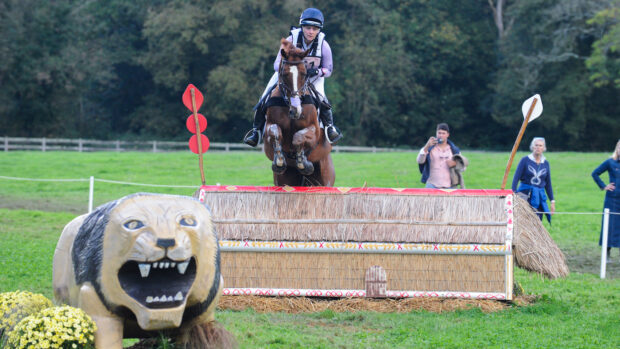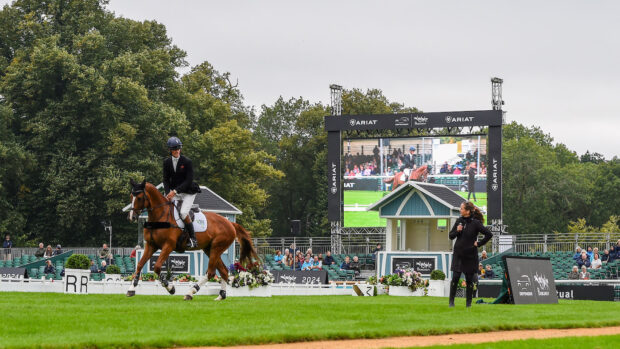Plans by a US biotech company to clone champion horses have been met with scepticism by the UK breeding industry
Animal Cloning Sciences (ANCL) in the USA plan to offer horse clones for $10,000 after building up a DNA bank from leading bloodlines, ranging from Thoroughbred racehorses to dressage horses and show jumpers.
However, the UK breeding industry has met these plans with scepticism.
The US company claims that purchasers will be able to specify colour, sex, temperament and performance ability since the clone will be a perfect copy of its “parent”, and states that “if you clone a champion you get a champion”
Henry Sanderson of Weatherbys, which operates the British Thoroughbred studbook, says that the plan is a non-starter for the UK racing industry.
“Horses produced by any artificial insemination methods, including cloning, will not be eligible for registration in any Thoroughbred studbook, and there are no plans to alter this ruling.”
Kim Hall of Sport Horse Breeding GB, which registers progeny produced by artificial insemination and embryo transfer, confirmed her organisationcurrently has no policy on cloning and would have to consider all the options before a decision was made on whether to register cloned animals.
The British Equestrian Federation is currently developing a breeding programme for sport horses, but consultant director of breeding Graham Suggett says that cloning is not on the agenda.
“We are more interested in exploiting advanced, but proven breeding techniques such as embryo transfer and artificial insemination.”
How cloning works
Cells are taken from the donor animal. In the case of a horse from its ear or chest and implanted in an unfertilised egg, which has had its own DNA removed.
An electric pulse causes the two to fuse together and also starts cell division.
The resulting embryo is then implanted into the uterus of a host, and a normal gestation period takes place before the birth of an animal which is genetically identical to the donor.
|
Read the full story in this week’s Horse & Hound 11 July 2002, or click here to subscribe and enjoy Horse & Hound delivered to your door every week. |




